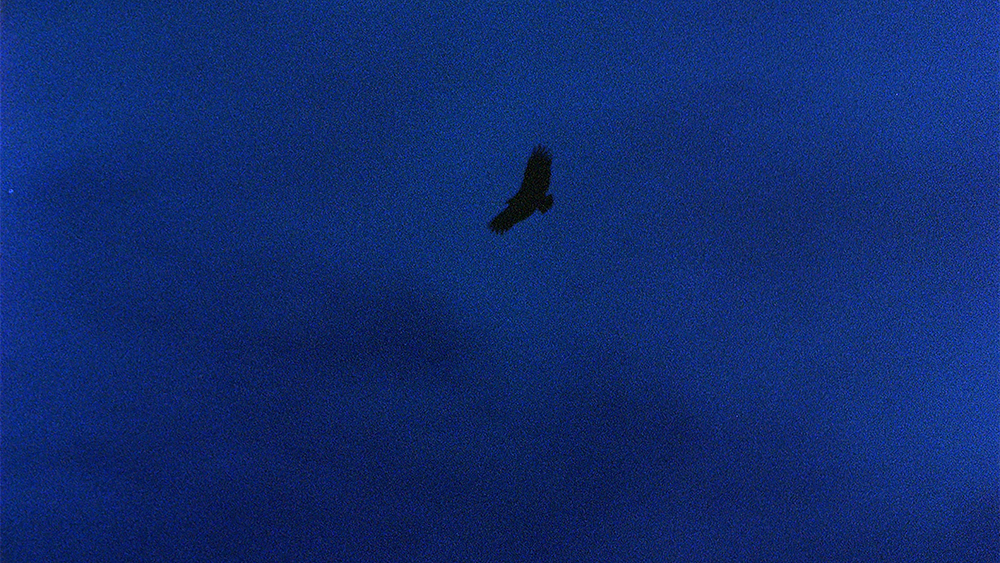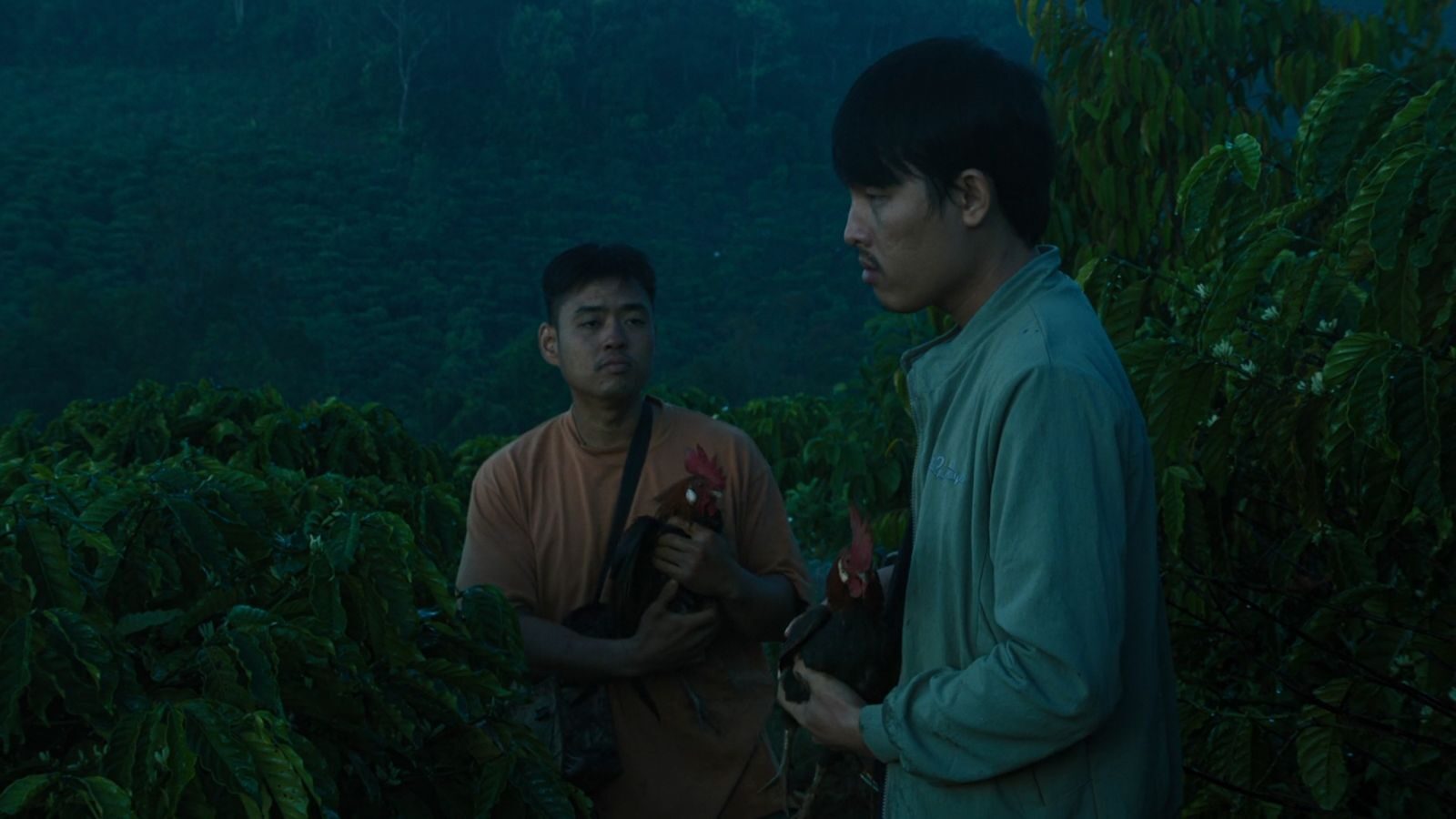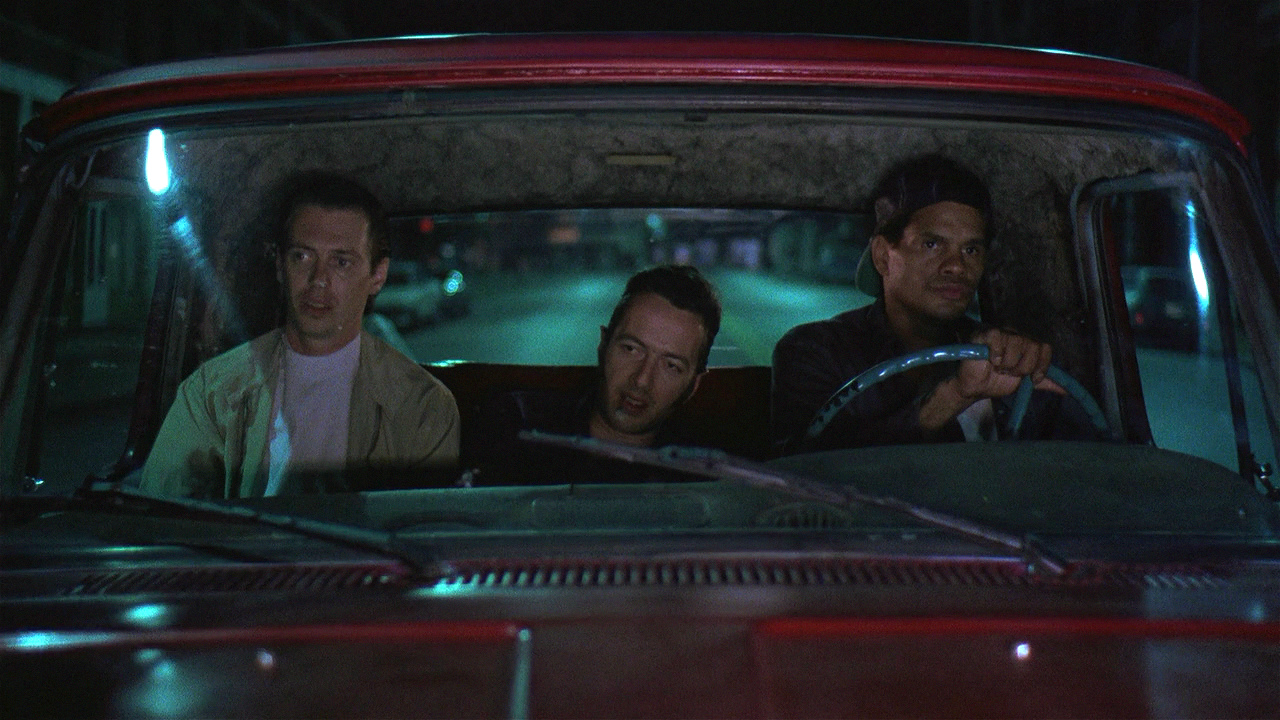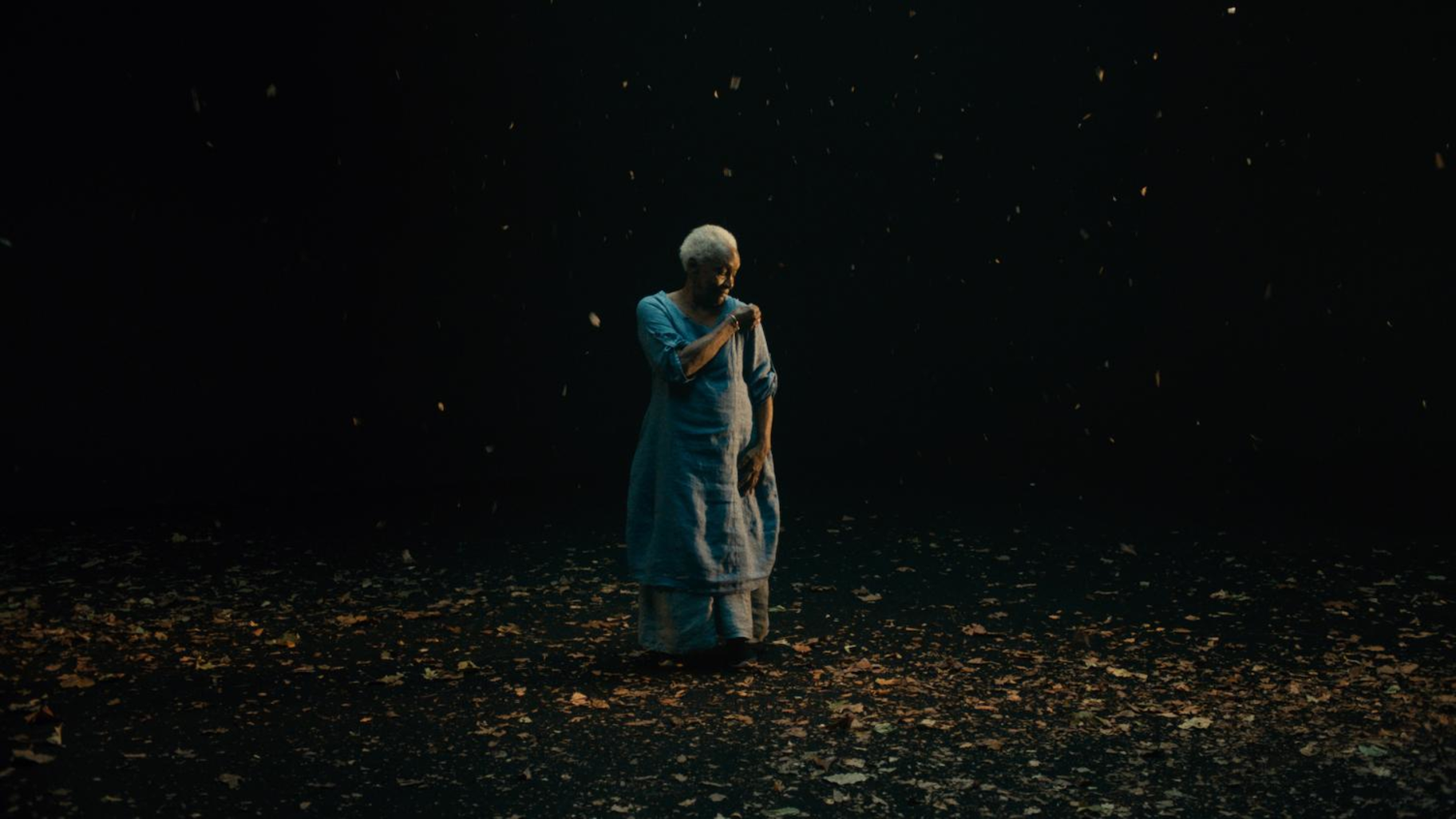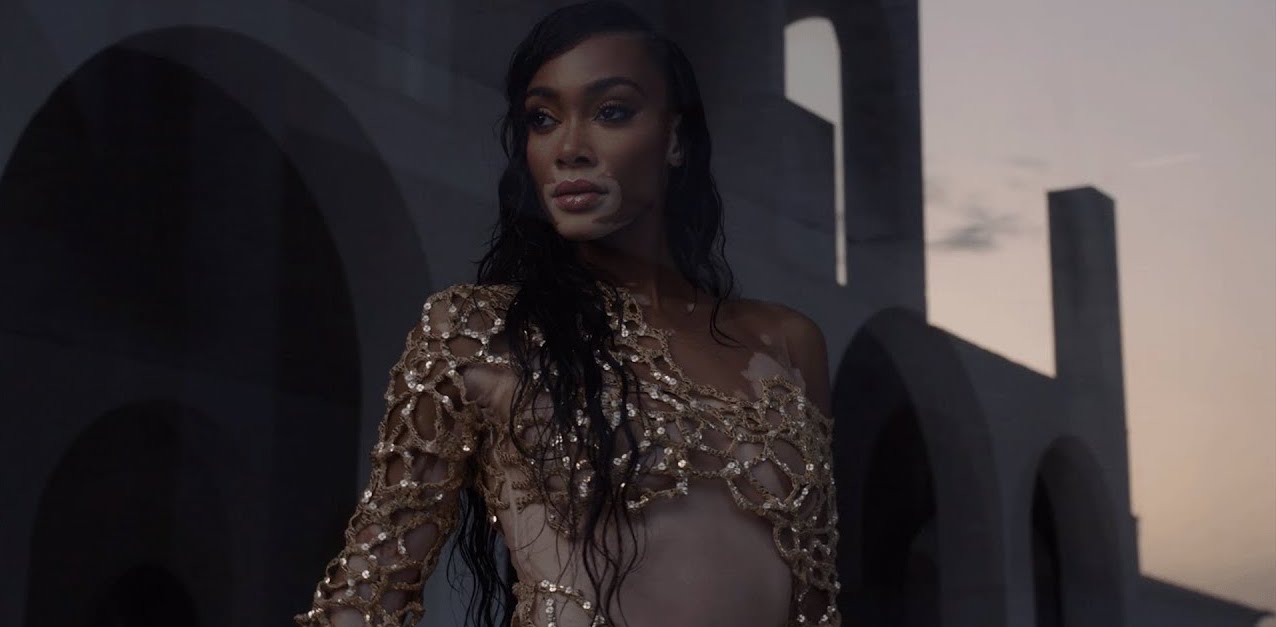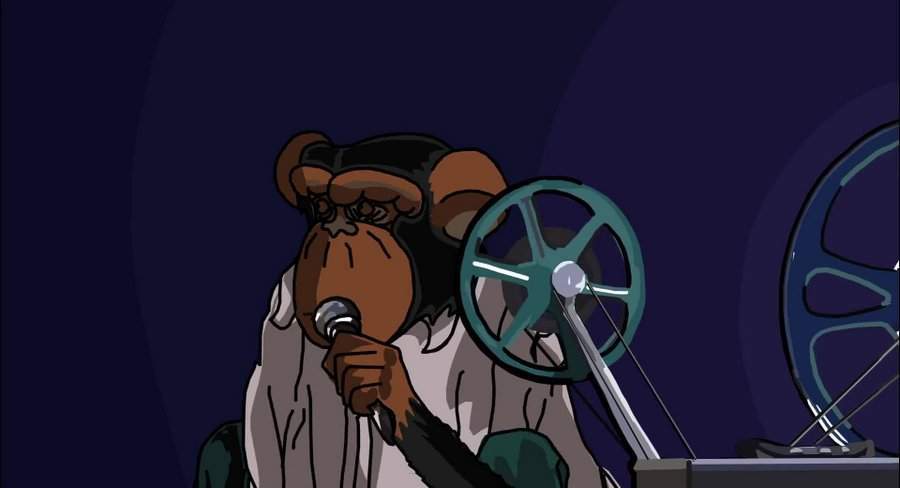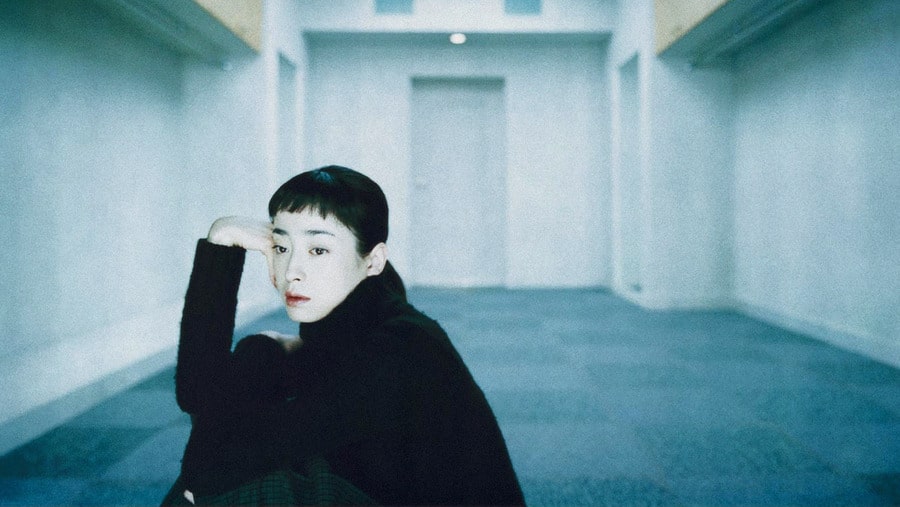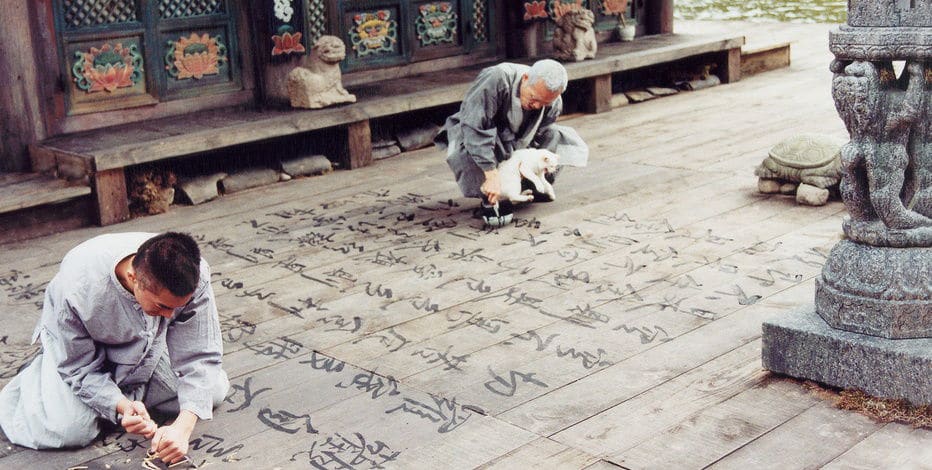10 Best Movies That Don’t Have Any Plot
Often when people say a movie has no plot, they mean that it’s character-driven. That’s why if it sounds like an insult when someone complains about lack of plot, it probably means that just don’t like character studies or weren’t in the mood for one. I once wrote about this exact thing in an article, and a cinephile friend messaged me back saying: “the best way to get me to watch a movie is to tell me it has no plot”. I couldn’t agree more. And as writer Patrice Nganang put it: “there are stories that simply do not need a plot.” Some worldwide favorites didn’t have a plot as part of their structure. Notably: The Tree of Life, Dazed & Confused, Breakfast Club, Napoleon Dynamite, Big Lebowski, Garden State, Burn After Reading and Lost in Translation. More recently, Her, Youth, and A Separation have become great examples. See, the plot thickens… Terrible puns aside, plot is rarely an indicator of quality (or popularity). The movies in this list are not about what happens, they’re all about the characters. I absolutely love each one of them, and I think you will too.
With expired film stock, seemingly random shots, not much dialogue, and virtually no plot, there is little to recommend It is Night in America for casual viewing. It is definitely experimental, and as director, editor, and sound designer Ana Vaz presents these shots of animals and urban landscapes, it doesn’t feel like it’s meant for entertainment. But there’s a curiously poignant tone, with the blue tint darkening the cityscape, in their eyes. Night falls for these creatures, who once had a home in this city, and all they can do is survive. É Noite na América isn’t quite the eco-horror it proclaims to be, but its moody and trancelike direction is an interesting approach to the nature documentary genre.
Genre
Documentary
Director
Ana Vaz, Female director
Language
Portuguese
Mood
Challenging, Discussion-sparking, Raw, Slow, Without plot
As a sluggishly paced, three-hour spiritual drama with little dialogue and even less plot, Inside the Yellow Cocoon Shell certainly won’t convert anybody who isn’t already interested in slow cinema. Even those who don’t mind these types of films in which “nothing happens” might feel that it doesn’t weave its themes of faith and suffering tightly enough. But there’s more than enough beauty to contemplate here, courtesy of Dinh Duy Hung’s stunning cinematography, which invites us to simply inhabit the world and to stop looking for answers. This may sound like a copout, but it’s quite the experience to have a film force you to rethink how you’re viewing it, as you’re viewing it.
Genre
Drama
Director
Pham Thien An
Language
Vietnamese
Mood
Challenging, Long, Slow, Thought-provoking, Without plot
Painfully intimate and told with very, very little dialogue, All Dirt Roads Taste of Salt resembles the experience of flipping through a photo book and pausing to admire every page. Which is to say that this is a film that requires not only one’s complete attention but—like many other arthouse dramas—a willingness to sit with the mundane until it reveals something more profound. The nearly silent nature of its storytelling can be a little awkward, given how lifelike the rest of the movie is, but one should hopefully get used to the idea that this is an attempt to represent something closer to memory than reality. Whether or not the experience sticks or strikes an emotional chord, it’s all beautifully put together, with lush cinematography, impeccably detailed sound design, and thoughtful sequencing of one image after another.
Genre
Drama
Director
Female director, Raven Jackson
Language
English
Mood
Challenging, Slow, Thought-provoking, Without plot
A deadpan anthology of three interconnected stories set in a run-down hotel in Memphis, Tennessee. The film’s deliberate pacing, minimalist approach, and observational style are present throughout, capturing the essence of each character and their encounters with the city.
Director Jim Jarmusch’s indie film displays its characters’ quirks and desires, all underlined with a love letter to Elvis Presley. Each unique segment has some charm, humor, and soundtrack that creates a palpable sense of time and place even if the sum displaces the overall narrative.
Genre
Comedy, Drama
Director
Jim Jarmusch
Language
English, Italian, Japanese
Mood
Quirky, Slice-of-Life, Weird, Without plot
There’s a mysterious, urgent power to Ear for Eye that survives the project’s movement from the stage to the screen. Against moody, bare backgrounds, debbie tucker green’s script becomes both story and setting—with words upon words overlapping, being repeated, and being used against each other, expressing the anxiety of entire generations of Black people trying to figure out how to endure all their persecution. What unfortunately <i>doesn’t</i> translate well to the screen is the film’s editing and its inability to take full advantage of the medium of cinema. Despite the importance of the things being discussed, the end product is a movie that feels like it gets in its own way too much, but still delivers plenty to think about.
Genre
Drama
Director
Debbie Tucker Green, Female director
Language
English
Mood
Challenging, Thought-provoking, Without plot
I’m still stuck between calling The Tour 23 a clever marketing trick or a feast for the senses. Contradictions have always nested at the heart of the brand, between beauty and its toxic standards, so it’s self-aware of them to highlight that in an audience-facing film. It’s undeniable that the VS shows have held spectacle in high regard and cultivated a fanbase that outnumbers the actual consumers, but this film will feel like a treat even if you don’t care for luxury wear. Even more, it’s perhaps a bit too likable: it’s lush without being kitschy, it’s woke without the overt politics, it’s fun, but not a joke, and most of all, it brings us closer to the visions of creators from around the world who have so much more to give than what they’ve given Victoria’s Secret.
Genre
Documentary
Director
Cristina Sánchez Salamanca, Korty Eo, Lola Raban-Oliva, Margot Bowman, Umi Ishihara
Language
English
Mood
Easy, No-brainer, Sunday, Without plot
Waking Life is composed exclusively of a series of conversations involving the main character, with him sometimes participating and sometimes just as a spectator. The discussions revolve around issues such as metaphysics, free will, social philosophy or the meaning of life. The title refers to a quote from Jorge Santayana: “sanity is a madness put to good uses; waking life is a dream controlled.”, and the whole movie wanders around the state of a lucid dream, emphasized by the rotoscoping technique in which it was filmed. Waking Life is not just a movie worth watching, it is a movie worth watching a thousand times, because you will always notice something that you have previously missed out.
Genre
Animation, Drama, Fantasy
Director
Richard Linklater
Language
English
Mood
Dramatic, Original, Thought-provoking, Thrilling, Weird, Without plot
It shouldn’t be a surprise to anyone that the mix of ideas and aesthetics that gave us Her has roots in Japan. Borrowing from the country’s poeticism, attention to detail and just appreciation for beauty; Tony Takitani is Her’s quiet and delicate elder brother-film, and one of the best this genre has to give. After spending a solitary childhood, a Japanese kid with the American name Tony grows up to be a successful technical illustrator. Without the time for the outside world or any luck with it, Tony indulges in his work and by extension his loneliness until he suddenly falls a distinctive young woman. Tony Takitani is a slow film, which quickly becomes a memorable experience due to its profound study of loneliness.
Genre
Drama
Director
Jun Ichikawa
Language
Japanese
Mood
Slow, Well-acted, Without plot
Based on a play and taking place in the span of one afternoon, It’s Only the End of the World is about a successful writer returning to his hometown in rural Canada baring life-altering news. But before he can share anything, he is faced with the remnants of his life prior to moving out and his family members’ eccentric, but relatable, personalities. This is a movie by one of the most interesting directors working today, Canadian Xavier Dolan. Contrary to his plot-heavy Mommy (which earned him the Cannes Jury Prize at 25 years old), in It’s Only the End of the World the story unfolds in a far more important way. It’s an exploration of dynamics: between brother and sister, between son and mother, between brothers, etc. Don’t go into it expecting things to happen, or waiting for what will happen in the end. Instead, the purpose of this film can be found in how Xavier Dolan handles his usual themes of family through big talent: Mario Cotillard, Vincent Cassel, and Léa Seydoux among many others.
Genre
Drama
Director
Xavier Dolan
Language
English, French
Mood
Dramatic, Emotional, Well-acted, Without plot
A doorway opens at the beginning of Spring, Summer, Fall, Winter… and Spring, and through this doorway you are brought into the movie’s world. Explanations or plot transitions rarely exist, and dialogue is kept at a minimum level. And yet this movie remains an incredibly simple film. Following a Buddhist master and his apprentice, it is a fable very much in the ‘cycle of life’ form, offering gentle complexity in the timeless and sole framework of a floating Buddhist monastery. That’s all I can say without saying too much. If you are into aesthetically pleasing films, go watch this.
Genre
Drama, Romance
Director
Ki-duk Kim, Kim Ki-duk
Language
Korean
Mood
Slow, Without plot

